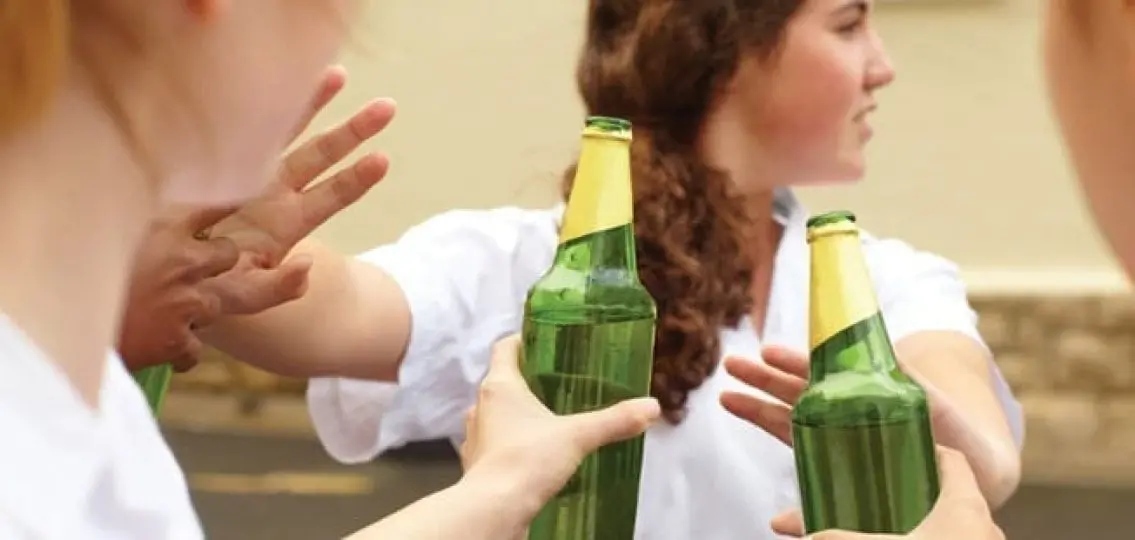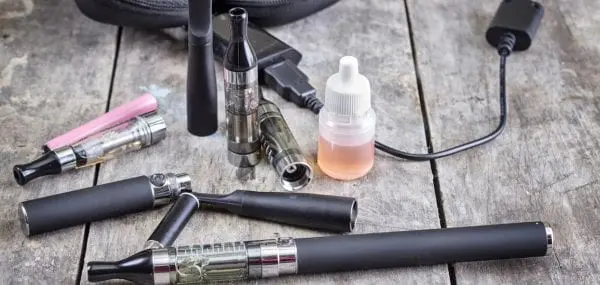Remember the 1970s “Just Say No” ad campaign? Wouldn’t it be great if drug abuse prevention was as simple as learning a catchy phrase? Unfortunately, studies show that this ad campaign didn’t help parents raise healthy children. It didn’t lead to any decreases in drug use or delinquency, and some drug information programs actually increased drug use.

Since then, prevention science researchers have found better ways to prevent risky behavior while promoting healthy behaviors—and it turns out the bottom line is relationships.
“You have to have a relationship with a child if you want to help create positive outcomes.
This approach to raising healthy children is about intentional parenting versus responding and reacting to events,” says Kevin Haggerty, a Professor in Prevention at the University of Washington in Seattle.
Using Intentional Parenting to Raise Healthy Children:
You can count proven ways to raise resilient, healthy children on one hand, says Haggerty. A five-prong approach—called the Social Development Strategy—has been proven in numerous studies to help build strong relationships between children and their caregivers.
1. Provide social opportunities.
Most parents naturally aim to expose their children to education and experiences. This aspect of relationship-building is dependent on every child’s individual characteristics, says Haggerty. Providing opportunities to ensure that young people have a chance to find and develop their passions includes figuring out what’s ideal for your child. That means recalibrations as your child grows and changes.
2. Teach skills they need to succeed.
According to Haggerty, opportunities work best when we make sure our kids are also offered the skills needed to eventually be successful. Kids need a skill set for every endeavor, from learning soccer to cleaning the house to developing friendships. We practice social-emotional skills in our family relationships and kids learn skills at home, school, and through specific activities like team sports.
3. Offer praise.
This means being a cheerleader by recognizing and acknowledging our teens’ effort, improvement, and achievement. “We have to know them well enough to know how they want to receive their rewards. Some kids glow when you say, ‘Hey you did a great job at soccer! Let’s get some ice cream.’ Other kids need indirect praise that they overhear while you talk to your partner: ‘Wasn’t it great to watch Kevin hustling and seeing him make good moves on the field?’” says Haggerty. Whatever it looks like, praise is part of raising healthy children.
4. Create space for bonding time.
The fourth strategy centers on creating space to build strong bonds and connection with our kids. Parents may believe family time isn’t as vital during the teenage years, thinking peer relationships are more important. But parents also need time to be their teenagers’ guides, says Haggerty. “Spending time together gives opportunities for talking,” says Haggerty, who notes the teen years are some of the most creative in a person’s life, which often leads to wonderful family experiences.
5. Set clear standards for behavior.
The first four strategies build strong family relationships, which in turn help prevent risky behaviors. “When teens have a solid bond and relationship with their parents, they also have the ability to follow the guidelines and expectations set by their parents,” says Haggerty. “Of course, that means sharing our beliefs and standards often.”
To start, parents can say something like this: “We want the best for your future and believe you do, too. Your brain is developing quickly during these teen years. That’s why, in our home, we abide by the legal age of alcohol and cannabis use. And we believe that smoking is never a good option.”

This method isn’t magic: Teens will make mistakes. “When rules are broken, it’s an opportunity to teach a new skill,” says Haggerty. While you can count the strategies on one hand, parenting is still about putting in the work it takes to grow capable adults, one life lesson at a time. The good news is that today’s hard work will continue to pay off decades from now.




